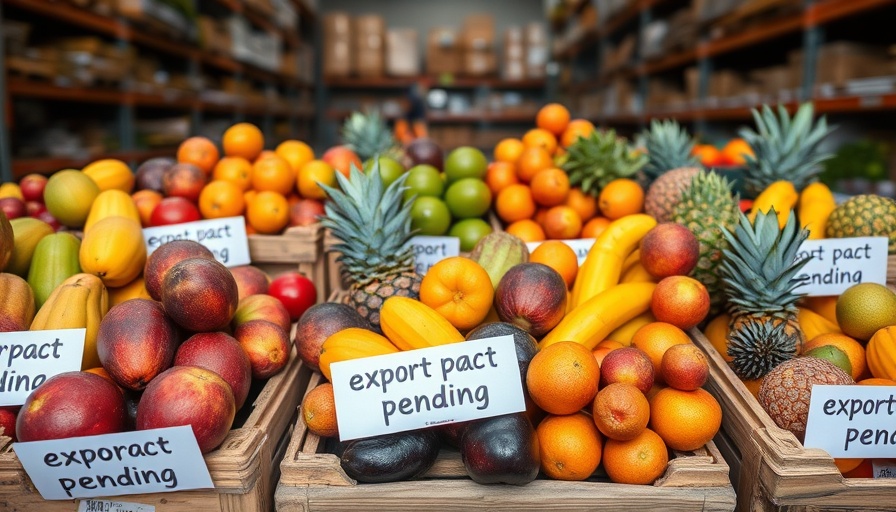
The Growing Need for Economic Unity in Africa
Africa, with its burgeoning population of approximately 1.5 billion, is witnessing a demographic transition that presents both challenges and monumental opportunities. Sunny Okosun's poignant reminder from the 1990s, 'African liberation is now or never,' resonates today as the continent stands at a crossroads. The median age of 19.3 years signifies a youthful population brimming with potential for innovation and growth. However, despite this promise, economic unification remains an elusive goal hampered by various structural barriers.
The Role of Currency Fragmentation
One of the major obstacles to achieving economic integration in Africa is the existence of 40-50 distinct currencies. This currency fragmentation complicates trade, as businesses must manage varying exchange rates, transaction fees, and regulatory requirements. The result is a dampened investment climate and hindered cross-border trade, crucial for economic prosperity.
Moreover, the volatility of one-fifth of these currencies makes financial forecasting nearly impossible for businesses and individuals alike. Economic historians argue that without a common currency, Africa's unified economic agenda will remain a distant dream. The lack of coherence in monetary policy among member nations exacerbates political instability, creating a challenging environment for sustainable economic growth.
Emerging Technologies as Catalysts for Change
Technological innovations such as fintech, blockchain, and digital payments are crucial in transforming Africa's economic landscape. The rise of mobile banking and e-commerce platforms is enabling unprecedented financial inclusion, allowing the continent’s underserved populations access to financial services:
- Fintech solutions: These are revolutionizing the payment landscape by providing secure and efficient transactions.
- Blockchain technology: Offers transparency in trade and reduces fraud, bolstering trust across borders.
- Digital platforms: E-commerce and mobile apps are creating new business opportunities and markets.
As African nations embrace these technologies, they can leapfrog traditional economic development stages and foster greater regional collaboration.
Investing in Digital Skills for Future Growth
For Africa to fully realize its economic potential, investment in digital skills and education is vital. Initiatives aimed at enhancing tech literacy among the youth can bridge the digital divide and equip the next generation of leaders with essential skills in coding, data analytics, and digital marketing:
- STEM education: Incorporating science, technology, engineering, and mathematics in curricula will nurture innovators.
- Digital inclusion initiatives: Programs aimed at empowering women and marginalized groups in technology fields.
- Innovation hubs: Creating spaces for startups can spur entrepreneurship, fostering a culture of innovation.
By emphasizing a tech-centered education framework, Africa can enhance its competitiveness on the global stage.
The Road Ahead: Predictions for African Integration by 2030
As we look towards 2030, the prospects for African economic integration appear cautiously optimistic. If African nations can align on significant trade agreements and delivery mechanisms, we may witness:
- Increased intra-Africa trade: Targeting a growth rate of 50% by 2030 could shift dynamics significantly.
- Common monetary frameworks: A movement towards a unified currency system could emerge.
- A flourishing digital economy: Harnessing innovation through technology could strengthen regional economies.
The potential remains vast, but it mandates unwavering commitment, collaboration, and the cultivation of innovative solutions to overcome existing challenges and unlock Africa's true economic potential.
As executives, decision-makers, and entrepreneurs, it is vital to not only recognize this landscape of challenges but also to seize the moment by investing in the African market. By engaging with emerging technologies and supporting educational initiatives, you can play a pivotal role in driving Africa’s economic integration and growth.
 Add Row
Add Row  Add
Add 




Write A Comment